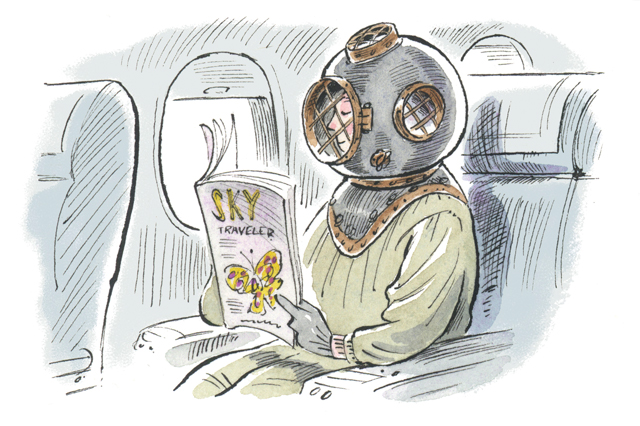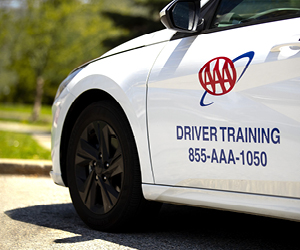“I’m super comfortable on an airplane,” isn’t a phrase one hears often. Even in the most luxurious first-class seats, air travel can have a less-than-luxurious impact on the body.
Many effects are due to altitude, says Dr. Paulo Magalhaes Alves, a member of the Aerospace Medical Association who, through his work with MedAire, provides medical advice to the aviation industry.
The environmental pressure in aircraft cabins is generally at 6,000 to 8,000 feet, rather than at sea level. But unless you have a heart or respiratory condition, the resulting high-altitude effects – headache, fatigue and lower alcohol tolerance – won’t be serious.
“A rule of thumb is that anyone able to walk briskly for 60 yards or to climb a flight of stairs is probably OK to travel,” Alves said.
Reduced cabin pressure also causes gases – trapped in the gastrointestinal tract, the ears and sinuses – to expand. So carry chewing gum to help your ears pop, have decongestant at the ready and eat light on travel days.
This might be easier because, once you hit 30,000 feet, your sense of taste is altered. The cabin’s low oxygen level, relative humidity and background noise have been implicated as possible contributing factors, said Alves.
Cabin humidity is as low as 15%, which, contrary to popular belief, won’t truly dehydrate you.
“We might feel dry skin, mouth or even eyes, but that doesn’t cause any harm to our health,” Alves said.
True dehydration, which can cause constipation and headaches, is more likely the result of a hectic travel schedule and drinking too little water. Drink up and use skin moisturizer and eye drops, and you’ll be more comfortable.
The most dangerous possible impact of air travel – deep-vein thrombosis – is caused by sitting for long periods, rather than by the fact that you’re on an airplane. But Alves says this won’t happen unless certain risk factors are present.
“Recent surgeries, postpartum state, use of birth control pills, smoking, and particularly the association of them, increase the chance for DVT,” he said.
For healthy travelers, flying is a very safe means of transportation, said Alves. Most serious events are caused by a passenger’s underlying medical condition, he added, not by flying itself.
So drink up, eat right, stretch every now and then and enjoy your flight.
To read more articles about travel-related health topics, visit AAA.com/LiveWell.














